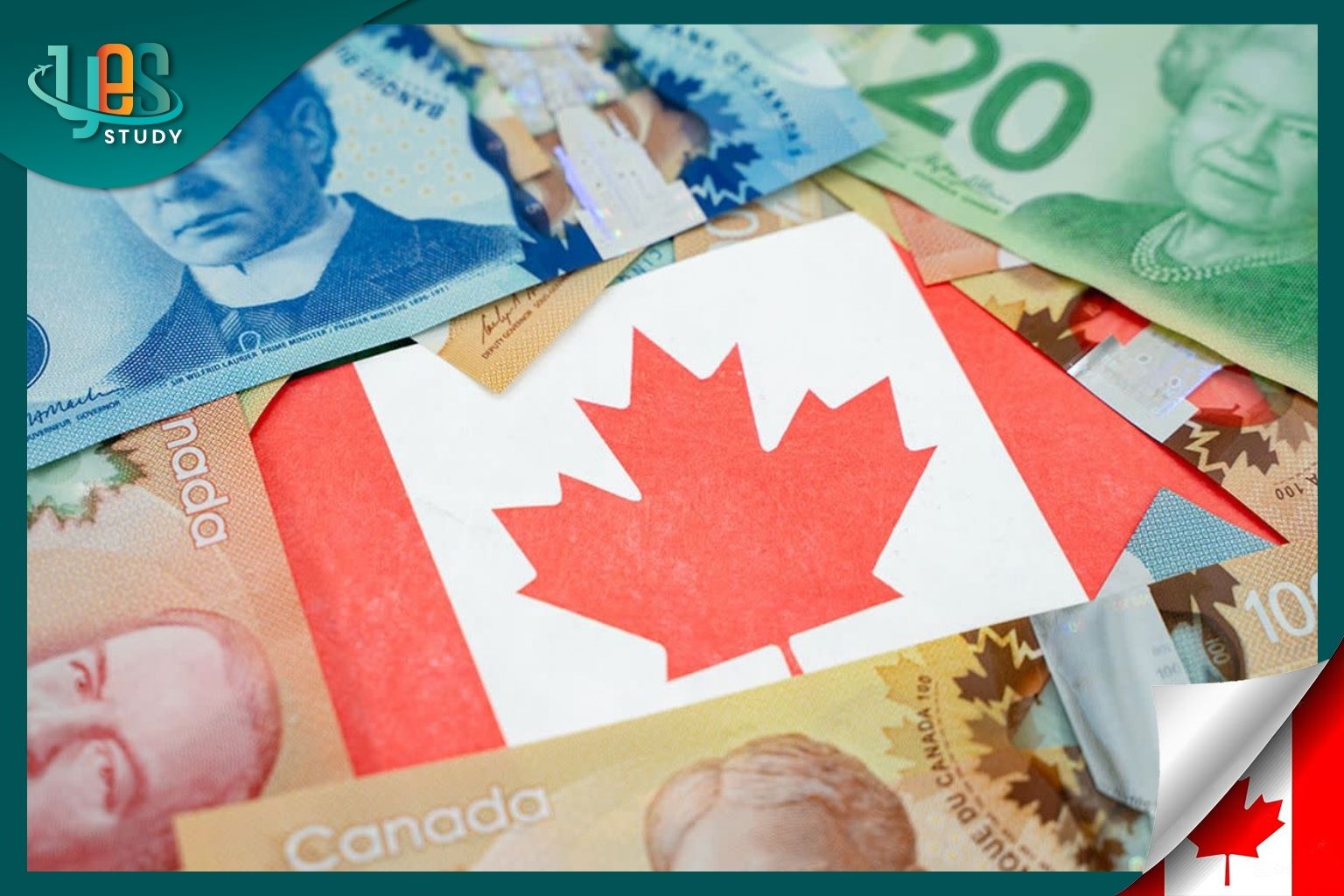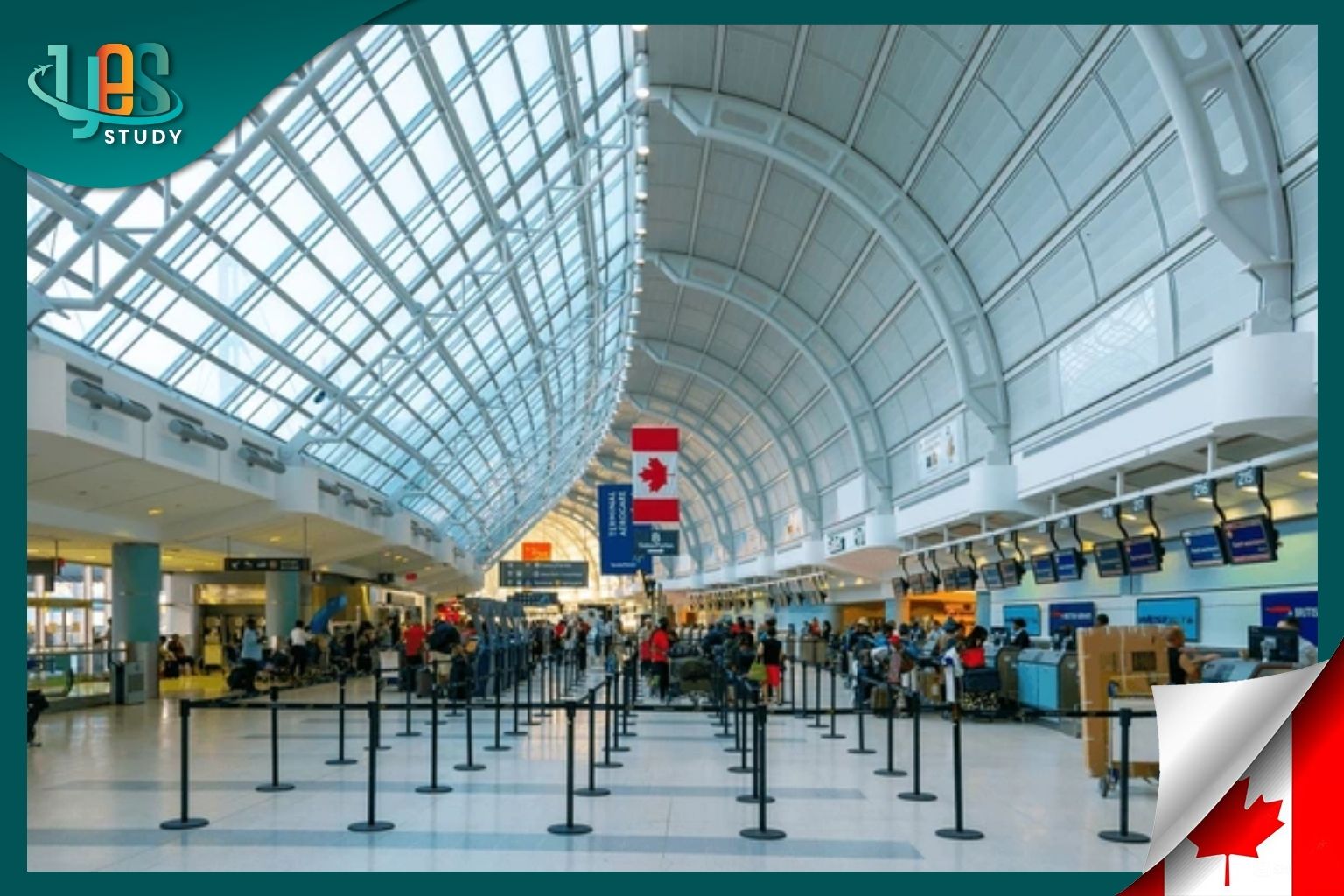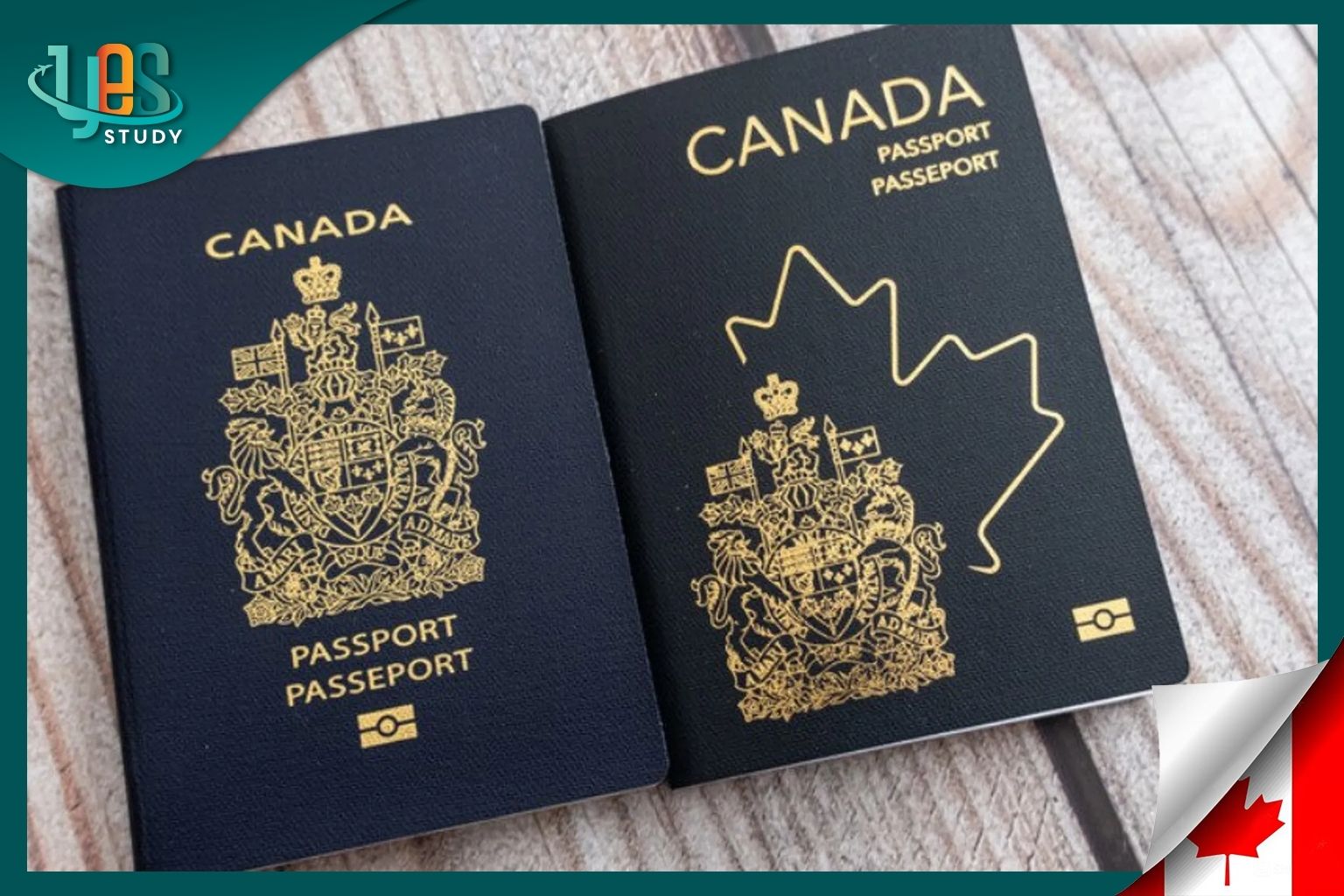The Cost of Traveling to Canada: A Detailed Budget Guide
A trip to Canada can take you from the majestic beauty of the Rocky Mountains to the vibrant energy of modern cities. However, the biggest question and a potential barrier for many is: “So, what is the actual cost of traveling to Canada?”
This article will serve as your detailed financial guide, helping you understand every expense, build a suitable budget, and turn your Canadian dream into a reality without financial worries.
Overview of a Self-Planned Trip to Canada Cost
Fixed Costs for a Trip to Canada
These are the mandatory expenses you need to prepare for and pay from Vietnam before your trip even begins.
Canada Visitor Visa Application Fee
This is a mandatory fee for submitting your application for a visa to enter Canada. These government-regulated fees are non-refundable, regardless of your visa outcome. They include:
- Application processing fee: 100 CAD
- Biometrics fee (fingerprints and photo): 85 CAD
Therefore, the total cost for the Canada visa application procedure is 185 CAD (approximately 3,500,000 VND) per person.
Round-Trip Airfare
The price for a round-trip ticket from Vietnam to Canada typically ranges from 30,000,000 to 50,000,000 VND per person.
Ticket prices are heavily influenced by the time of travel (peak summer/fall seasons are more expensive), the airline, and how far in advance you book (the earlier you book, the better the price).
Travel Insurance
The cost for a trip of about 10-15 days is usually around 1,000,000 – 2,000,000 VND.
A good insurance policy will protect you against unexpected health risks, as well as other issues like lost luggage or flight cancellations.
Daily Expenses While in Canada
Accommodation Costs
This is one of the largest expenses, especially in major cities. Your choice of lodging will significantly impact your daily budget.
- Hostel: A dorm bed typically ranges from 40 – 70 CAD per night (approx. 760,000 – 1.3 million VND).
- Standard Hotel: A room for two people can cost between 150 – 250 CAD per night (2.85 – 4.75 million VND).
- Luxury Hotel: Room rates start from 300 CAD per night and up (from 5.7 million VND).
Important Note: Accommodation prices in city centers like Vancouver and Toronto will be considerably higher, especially during the peak tourist season (June to September).
Food and Dining Costs
Canadian cuisine is diverse, and your food expenses can be very flexible depending on your choices.
- Budget-friendly meals: A budget for simple breakfasts and self-prepared meals could be around 40 – 60 CAD per day (760,000 – 1.15 million VND).
- Mid-range restaurants: The budget would be about 70 – 120 CAD per day (1.3 – 2.3 million VND).
- Fine dining experiences: Expect a budget of 150 CAD per day and up (from 2.85 million VND).
Additionally, remember that menu prices at restaurants usually do not include taxes (GST/HST, about 5-15% depending on the province) and a tip (customarily 15-20%). Be sure to factor these into your total meal costs.
Transportation Costs
Canada is a vast country, so choosing the right mode of transportation is crucial.
Getting around the city:
- Bus/Subway ticket: ~3.5 CAD per one-way trip
- Taxi: ~4.5 CAD base fare + ~2.18 CAD/km and waiting fees
- Car rental: 50 – 100 CAD per day
Traveling between cities:
- Domestic flight: 220 – 700 USD depending on the route
- VIA Rail train: 100 – 300 USD (round-trip ticket)
- Intercity bus (Megabus, Greyhound): 40 – 60 CAD per trip
Sightseeing and Entertainment Costs
This is the budget for you to truly experience Canada. Here are some reference ticket prices for famous attractions:
- CN Tower (Toronto): Around 45 CAD (855,000 VND).
- Banff National Park entrance fee (for one day): Around 11 CAD per person (210,000 VND).
- Hornblower Niagara Cruises (boat tour at Niagara Falls): Around 35 CAD (665,000 VND).
Summary of Total Travel Costs for Canada
To give you a clear and comprehensive overview, Yes Study has created three budget scenarios for a 10-day self-planned trip to Canada for one person. The table below only includes expenses incurred in Canada and does not cover airfare and visa fees.
| Category | Budget (CAD) | Standard (CAD) | Premium (CAD) |
|---|---|---|---|
| Accommodation (10 nights) | 500 – 700 | 1,800 – 2,500 | 3,500+ |
| Food & Dining (10 days) | 400 – 600 | 800 – 1,200 | 1,800+ |
| Local Transport & Tours | 300 – 500 | 700 – 1,000 | 1,500+ |
| Total (in Canada) | 1,200 – 1,800 | 3,300 – 4,700 | 6,800+ |
Final Conclusion on the Total Trip Cost
Now, let’s add the fixed costs (airfare, visa, insurance) mentioned in the first section. Here is the final figure you should be prepared for a 10-day trip:
- For a self-planned trip to Canada: The total cost will range from approximately 70 – 120 million VND per person.
- For a package tour to Canada: All-inclusive tours typically range from 90 – 150 million VND per person.
The choice between these options depends entirely on your preferences, travel style, and financial capacity.
5 Ways to Save Money When Traveling to Canada
A fulfilling trip to Canada doesn’t have to be excessively expensive if you plan smartly. Here are 5 practical tips to help you optimize your budget:
- Travel During the Shoulder Seasons: Instead of traveling during the peak summer, consider visiting Canada in the spring (April-May) or late fall (late September – October). Airfare and hotel prices are significantly cheaper than during the summer.
- Book Flights and Accommodation in Advance: Plan and book your flights at least 3-6 months before your trip to get the best prices.
- Use Public Transportation: In major cities, the bus and subway systems are very efficient. Buy a day pass or weekly pass for unlimited travel at a fixed cost, which is much cheaper than taking taxis or Uber.
- Cook Some of Your Own Meals: Choosing an Airbnb with a kitchen allows you to prepare your own breakfast or even dinner. This is a significant way to save on dining costs compared to eating out for every meal.
- Enjoy Free Attractions: Canada’s beauty isn’t limited to paid attractions. Spend time walking in national parks, exploring historic neighborhoods, or checking if museums have free admission days or hours.
Regulation on Bringing Cash When Entering Canada
This is an important rule from the Canada Border Services Agency (CBSA) that every traveler should know to avoid unnecessary trouble. The regulation is very clear:
You are allowed to bring any amount of money into Canada. However, if you are carrying CAD 10,000 or more (or its equivalent in foreign currency, including cash, cheques, bank drafts, etc.), you are legally required to declare it to a border services officer.
Note: This declaration is completely tax-free. It is a standard procedure to combat money laundering and illegal financial activities. Failure to declare can result in fines or seizure of the currency. For official information, you can always refer to the CBSA’s official guidelines.
Frequently Asked Questions (FAQs)
- Where should I exchange money for Canadian dollars?
- You should exchange a small amount of cash in Vietnam to cover immediate expenses upon arrival (e.g., buying a SIM card, a snack). Once in Canada, the best and safest way is to use an international credit/debit card for most transactions to get a good exchange rate. You can also withdraw additional cash from ATMs.
- Is there a cost difference between traveling to the East Coast and West Coast?
- In terms of daily living costs (accommodation, food, transport), both coasts are relatively similar. However, if you want to visit both coasts on the same trip, the biggest cost to consider is the domestic flight between them, which can add a significant amount to your budget.
- Is it cheaper to go on a tour or plan the trip myself?
- A self-planned trip is often cheaper if you plan meticulously, travel in a group to share costs, and are willing to choose budget-friendly services. A package tour offers convenience and peace of mind as you don’t have to worry about scheduling, but the cost is generally higher.
Yes Study – Your Companion on Every Journey to Canada
A vacation is a wonderful way to discover and get a feel for Canada. But to truly experience, grow, and build a future here, studying abroad is the most sustainable path.
With our deep understanding of travel costs, life, and the education system in Canada, Yes Study not only helps you prepare a perfect application but also acts as your financial advisor. We assist you and your family in building the most effective and cost-efficient plan, right from the very first steps.

Latest news

How to Transfer Money from Vietnam to Canada: 4 Safe and Legal Methods

The Cost of Traveling to Canada: A Detailed Budget Guide

Flying to Canada: Where Are the Layover Stops?

The Canadian Passport

What is NOC Canada? A Guide to Canada’s Immigration Occupation List
